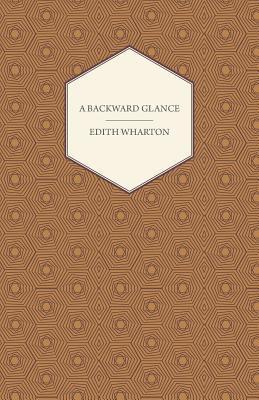What do you think?
Rate this book


434 pages, Paperback
First published January 1, 1934


“Meanwhile I felt like some homeless waif who, after trying for years to take out naturalization papers, and being rejected by every country, has finally acquired a nationality. The Land of Letters was henceforth to be my country, and I gloried in my new citizenship.”